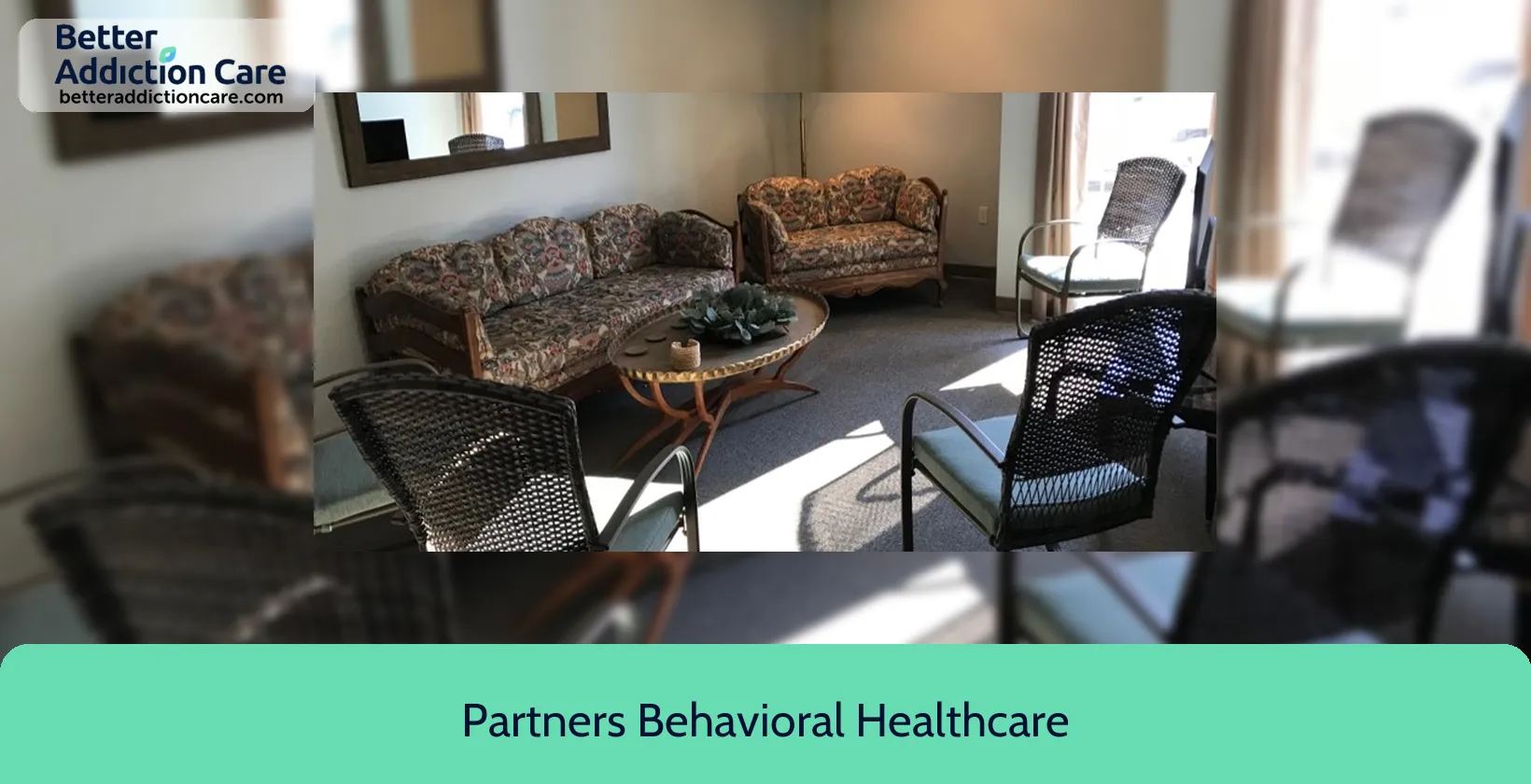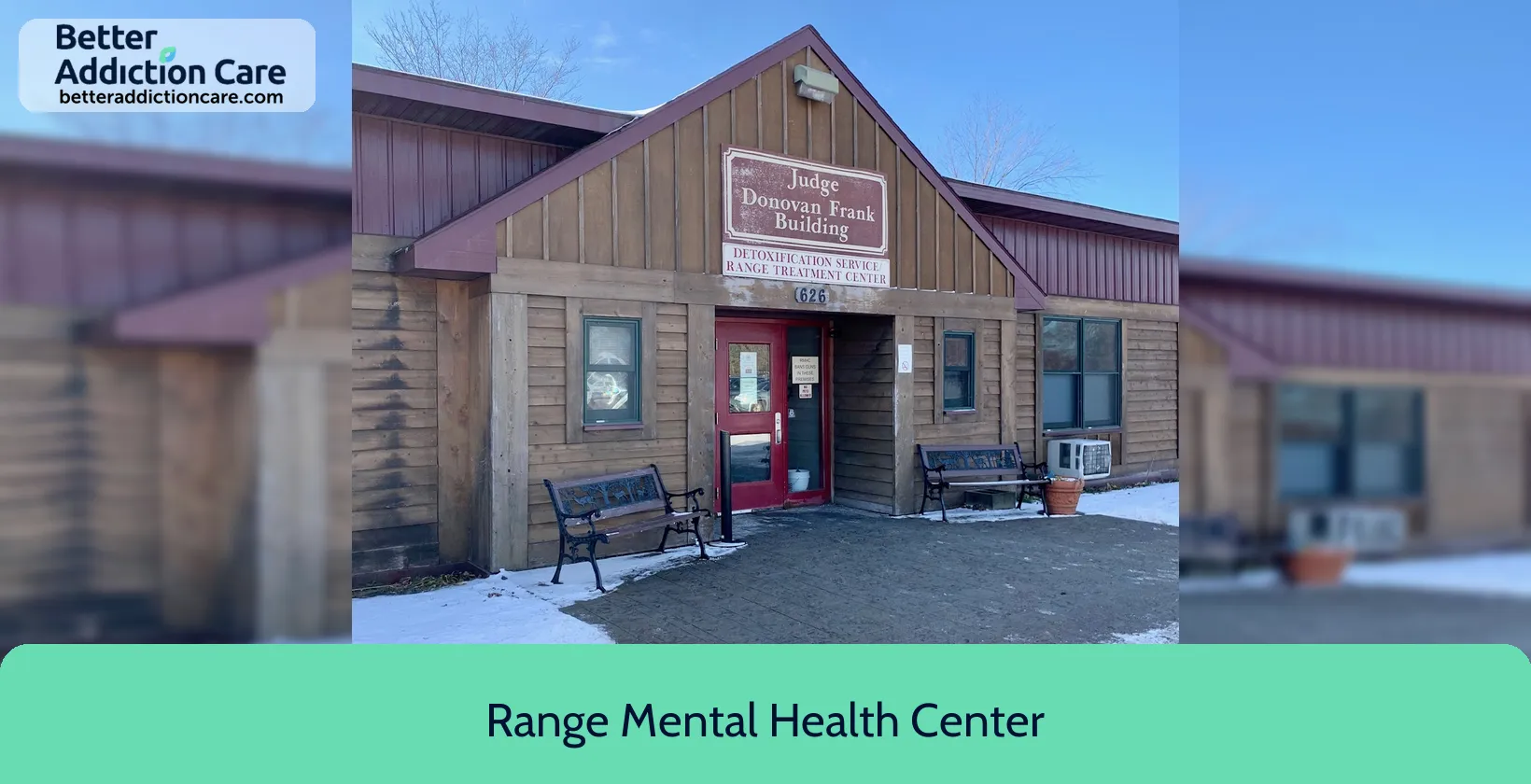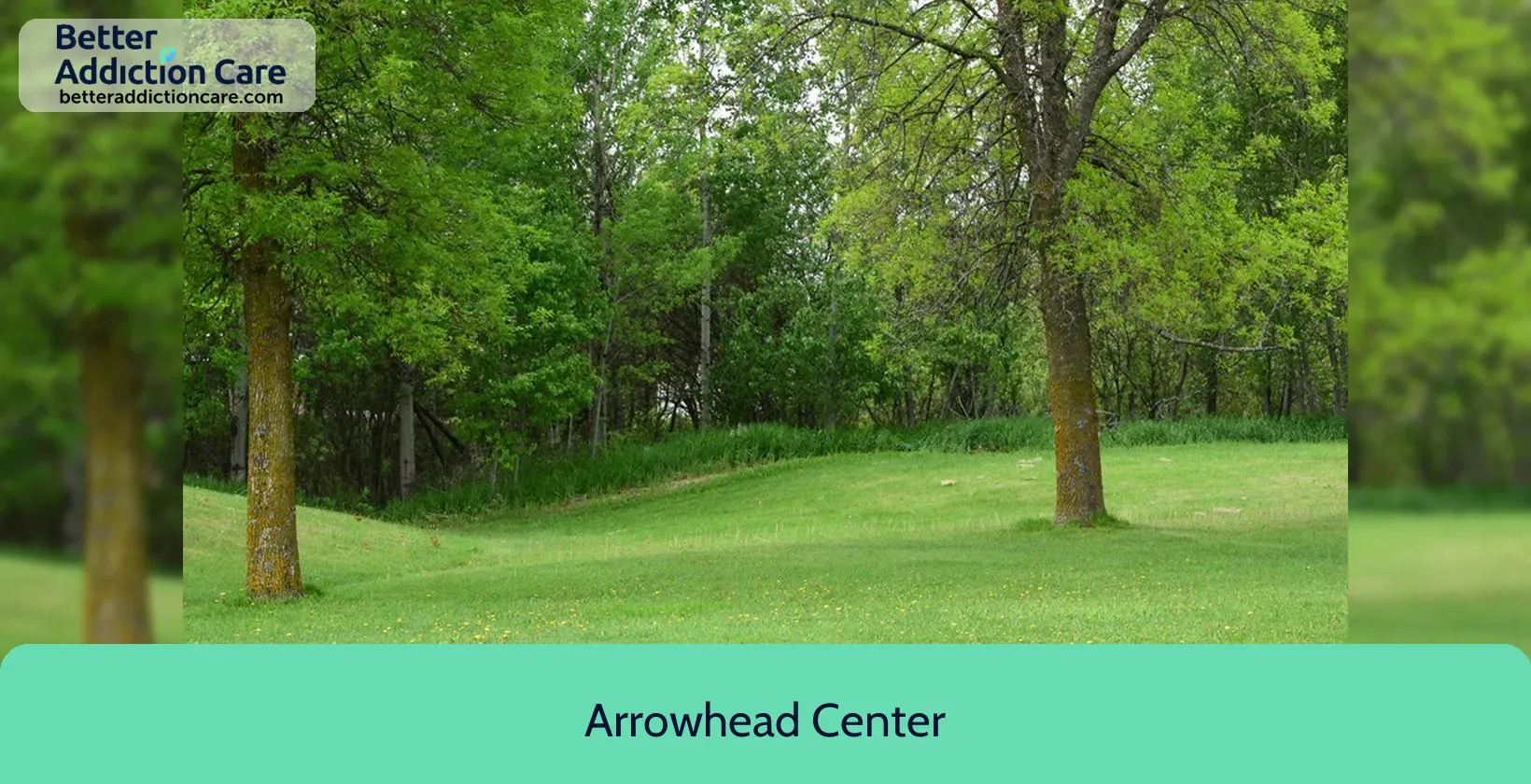Range Mental Health - Bell

Overview
Range Mental Health - Bell is a substance abuse treatment center for people seeking treatment near Saint Louis County. As part of their treatment modalities for recovery, Range Mental Health - Bell provides telemedicine/telehealth therapy, substance use disorder counseling, and group counseling during treatment. Range Mental Health - Bell is located in Virginia, Minnesota, accepting cash or self-payment for treatment.
Range Mental Health - Bell at a Glance
Payment Options
- Cash or self-payment
- Medicare
- State-financed health insurance plan other than Medicaid
- Private health insurance
- Federal military insurance (e.g., TRICARE)
Assessments
- Screening for tobacco use
- Comprehensive substance use assessment
- Screening for substance use
Age Groups
- Young adults
- Adults
- Seniors
Operation
- Private non-profit organization
Highlights About Range Mental Health - Bell
6.82/10
With an overall rating of 6.82/10, this facility has following balanced range of services. Alcohol Rehabilitation: 8.00/10, Drug Rehab and Detox: 6.31/10, Insurance and Payments: 6.00/10, Treatment Options: 6.97/10.-
Alcohol Rehabilitation 8.00
-
Treatment Options 6.97
-
Drug Rehab and Detox 6.31
-
Insurance and Payments 6.00
Accreditations
State department of health:

Government agencies issue State Licenses, which grant rehabilitation organizations permission to conduct their operations lawfully within specific geographic regions. Licenses needed to operate are typically determined by the type of rehabilitation program offered by the facility and its physical location.
Treatment At Range Mental Health - Bell
Treatment Conditions
- Alcoholism
- Substance use treatment
Care Levels
- Outpatient
- Intensive outpatient treatment
- Regular outpatient treatment
- Aftercare
Treatment Modalities
- Telemedicine/telehealth therapy
- Substance use disorder counseling
- Group counseling
- Family counseling
- 12-step facilitation
Ancillary Services
Additional Services
- Pharmacotherapies administered during treatment
- Housing services
- Drug or alcohol urine screening
Get Help Now
Common Questions About Range Mental Health - Bell
Contact Information
Other Facilities in Virginia

6.71

6.83

6.71

6.91
DISCLAIMER: The facility name, logo and brand are the property and registered trademarks of Arrowhead Center, and are being used for identification and informational purposes only. Use of these names, logos and brands shall not imply endorsement. BetterAddictionCare.com is not affiliated with or sponsored by Arrowhead Center.
